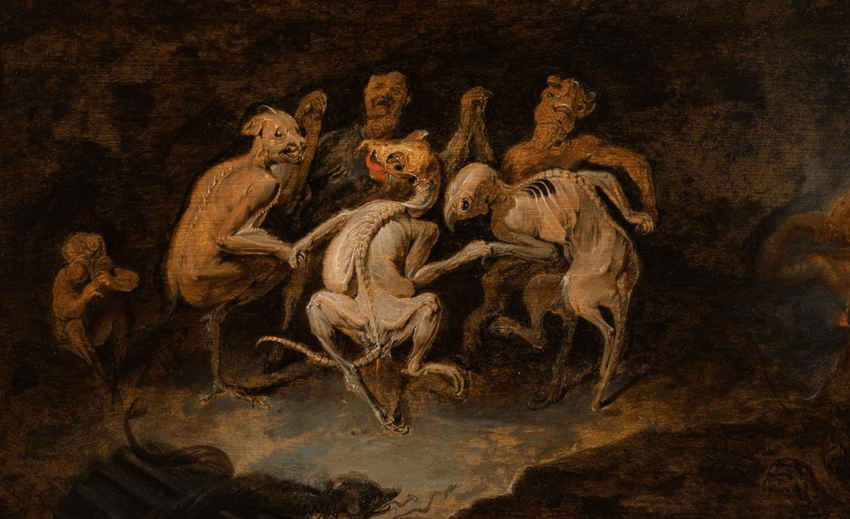Miriama Aoake reacts to the male-dominated lineup announcement for dance music festival Northern Bass.
It’s hardly surprising that last week’s first lineup announcement for Northern Bass hardly set Aotearoa alight. The festival’s lineup has remained relatively unchanged for perhaps the past 10 to 15 years, with the exception of two or three international headliners.
One thing that was notable about the lineup was captured by an image shared on Twitter, which removed the names of all the male acts set to perform. Of the 24 acts announced, just four are women (the edited poster misses Silva MC); none are headlining.
New Zealand promoters are often characterised by their delayed responsiveness to global trends and conversations in music. (Shapeshifter headlining every summer festival here since 2006 is a good example.) Promoters here have a cache of excuses for the lack of diverse representation, both at a local and national level. The most common excuse is that promoters book purely based on talent, a claim that speaks to a wider issue among men who see themselves as the cultural gatekeepers within local music scenes. Promoters, it seems, aren’t listening to, engaging with, or inclusive of diverse communities, and they don’t consider those communities talented or worthy of investment.
But it’s an issue that extends beyond promotion. Commercial and student radio, for example, is mired in toxic masculinity, a status quo that can quickly suffocate any young woman’s burgeoning passion for music. Women are present but occupy traditionally low-status roles as volunteers or as hosts for daytime shows, while management and primetime slots are filled by men. But at least some women have a presence. Women of colour, trans women, disabled women and non-binary people are much less visible.
Rangatahi from these communities preparing to participate in their first show or festival must immediately reconcile themselves with the fact that these spaces are not designed for their use. The male dominance in these spheres serves to exclude them beyond the narrow margins they already navigate – a mechanism of social conditioning that silences and discourages participation, constructing an environment that cannot guarantee the safety of people from outside the white male world.
These attitudes extend beyond New Zealand. In a recent interview with Groove Mag, Konstantin, co-founder of dance music label Giegling, said that he finds it unfair that women are so heavily promoted despite being worse at DJing than men. Seth Troxler, an American DJ and producer, echoed these sentiments. As if anticipating backlash, he acknowledged his opinion wasn’t ‘PC’, but that in the past ten years “there hasn’t really been any interest from women or ethnic people”.
There is some irony here. These men are pissing to stake their territory in spaces that originally were designed to avoid them. Disco, as the fertile soil which birthed the myriad of sub-genre filed under electronic, gestated with Black, Brown, LGBTQ+, female and working class grassroots communities. The need to escape the stifling, non-reflexive masculinity that permeated rock music allowed for the creation of covert social spaces. The men who co-opted then decried ‘disco sucks’ then are no different than Konstantin or Troxler now.
Resistance to this rhetoric is growing, both domestically and abroad. Equalise My Vocals, organised and moderated by mana wāhine Coco Solid, has been tackling the equity crisis in music through public hui, panel kōrero, and gigs. FAFSWAG, an endlessly talented LGBTQ+ Pasifika arts collective, have facilitated a series of Vogue Balls at Family Bar on Karangahape Road. These events reject misrepresentations of queer Brown identities, disrupting and reclaiming spaces – physical and digital – through the activation of new and traditional cultural practices. More wāhine than ever before are rightfully moving into primetime slots on radio and positions of management.
The myth that women, particularly women of colour, trans women, disabled women, and non-binary persons are untalented, unengaged and less capable than men is a lie. It is perpetuated by promoters, DJs, artists and labels to maintain the male hegemony that offers economic, social or cultural capital. Those who are threatened by equal opportunity exude insecurity and, judging by Northern Bass’ latest announcement, will be the most trenchantly opposed to making a change.
The Spinoff’s music content is brought to you by our friends at Spark. Listen to all the music you love on Spotify Premium, it’s free on all Spark’s Pay Monthly Mobile plans. Sign up and start listening today.



